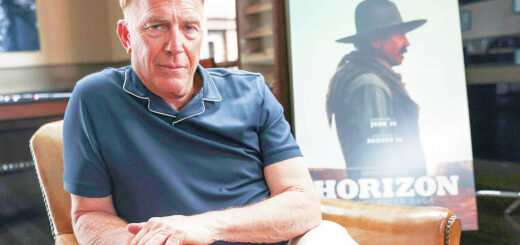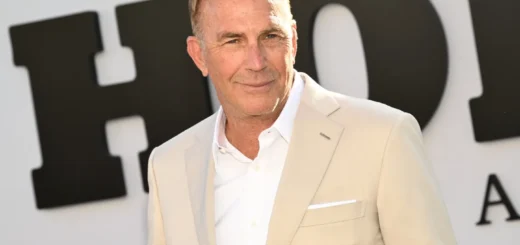“Kevin Costner Shines in Venice with Horizon: An American Saga – Chapter 2”
How fortunate are we to experience Kevin Costner’s ambitious Horizon: An American Saga, with six hours of this mythopoetic project already in the hands of (some) audiences? Costner’s vision has been in the making since 1988, and seeing it finally come to fruition is nothing short of a cinematic event. While I often aim to offer a critical perspective on festival screenings, the opportunity to witness Horizon: An American Saga – Chapter 2 at its Venice premiere was a privilege I fully embrace. The screening took place in a modest venue, on the festival’s final afternoon, with minimal fanfare, making the chance to see this project on the big screen even more special. The film’s scale, Costner’s personal investment in its production, its lengthy runtime, and the promise of future installments all contribute to its significance. Most importantly, Horizon: Chapter 2 exemplifies cinema’s potential for genuine connection, both between its characters and its audience.
Even if you don’t recall the extensive preview montage from Chapter 1, Chapter 2 provides ample context, development, and action. The story continues with a focus on one settlement in the American West. Frances Kittredge (Sienna Miller) and her daughter Elizabeth (Georgia MacPhail) are striving to rebuild their lives after the loss of a husband and father in Horizon, the outpost town advertised as an ideal place to settle. They encounter Owen (Will Patton), the brother of the late James, and his three daughters, the most spirited of whom, Diamond, is portrayed by Isabelle Fuhrman with a mix of exuberance and bite. The women in Chapter 2 are the film’s standout characters. They exhibit resilience and agency, whether it’s the persecuted sex worker Marigold (Abbey Lee) or the widowed Mrs. Proctor (Ella Hunt) seeking revenge against her tormentors.
In this battle for new frontiers, men’s cruelty and suspicion are to be expected, with their mistreatment of women being even less surprising. However, Horizon: Chapter 2 supports its female characters without resorting to didacticism or performative victimhood. The film dedicates significant screen time to their struggles, whether Frances is negotiating for building materials or Diamond is urging her father to confront misogynistic violence. These scenes manage to feel both timeless and immediately relevant. The Horizon films are notable for their ability to embrace genre conventions while staying true to cinema as a genuine mode of expression rather than a mere checklist exercise. Costner’s broad, assured strokes as a filmmaker shine through, and though his own role as Hayes Ellison is one of the quieter ones, he portrays the well-meaning vigilante with depth.
Chapter 2 balances a lot of action and narrative developments without overwhelming the audience. Unlike the first chapter, which was more action-packed and aggressively edited, this installment allows for a slower pace, giving viewers a chance to better understand the characters. They remain somewhat enigmatic, with motivations that are occasionally unclear, but this aligns with the genre’s expectations. Ultimately, the longing for Horizon symbolizes a Romantic thread within the story, reflecting the era’s traumatic resonances without overshadowing them. Horizon: An American Saga – Chapter 2 premiered at the 2024 Venice Film Festival and is awaiting a release date from Warner Bros.


